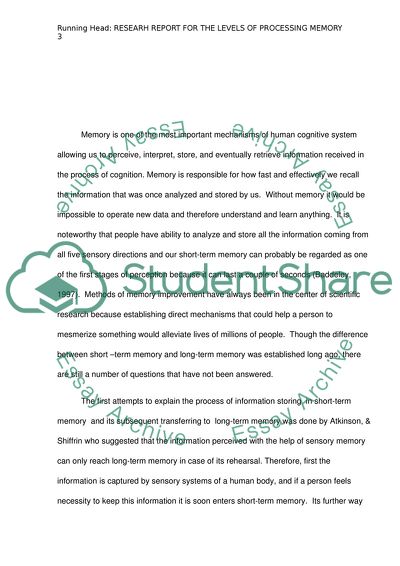Cite this document
(Research Report for Levels Of Processing Memory Theory Essay, n.d.)
Research Report for Levels Of Processing Memory Theory Essay. https://studentshare.org/psychology/1860864-research-report-for-levels-of-processing-memory-theory
Research Report for Levels Of Processing Memory Theory Essay. https://studentshare.org/psychology/1860864-research-report-for-levels-of-processing-memory-theory
(Research Report for Levels Of Processing Memory Theory Essay)
Research Report for Levels Of Processing Memory Theory Essay. https://studentshare.org/psychology/1860864-research-report-for-levels-of-processing-memory-theory.
Research Report for Levels Of Processing Memory Theory Essay. https://studentshare.org/psychology/1860864-research-report-for-levels-of-processing-memory-theory.
“Research Report for Levels Of Processing Memory Theory Essay”. https://studentshare.org/psychology/1860864-research-report-for-levels-of-processing-memory-theory.


